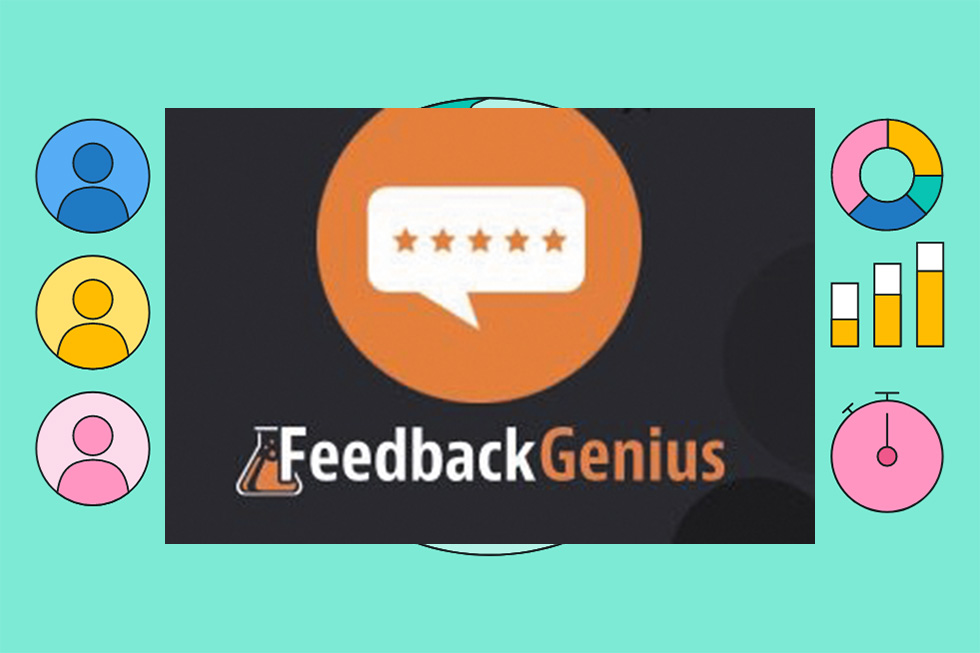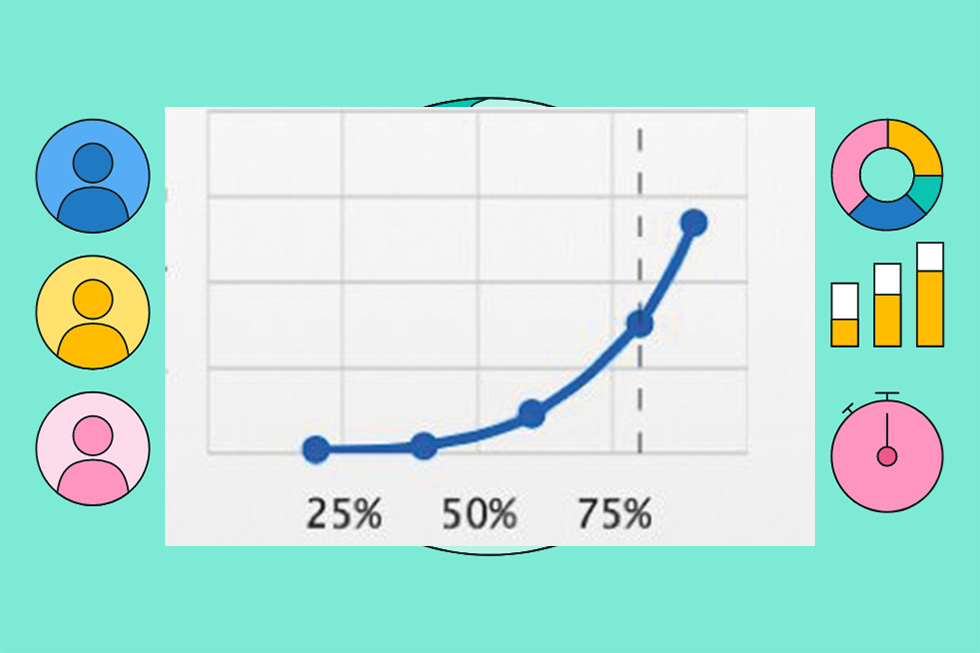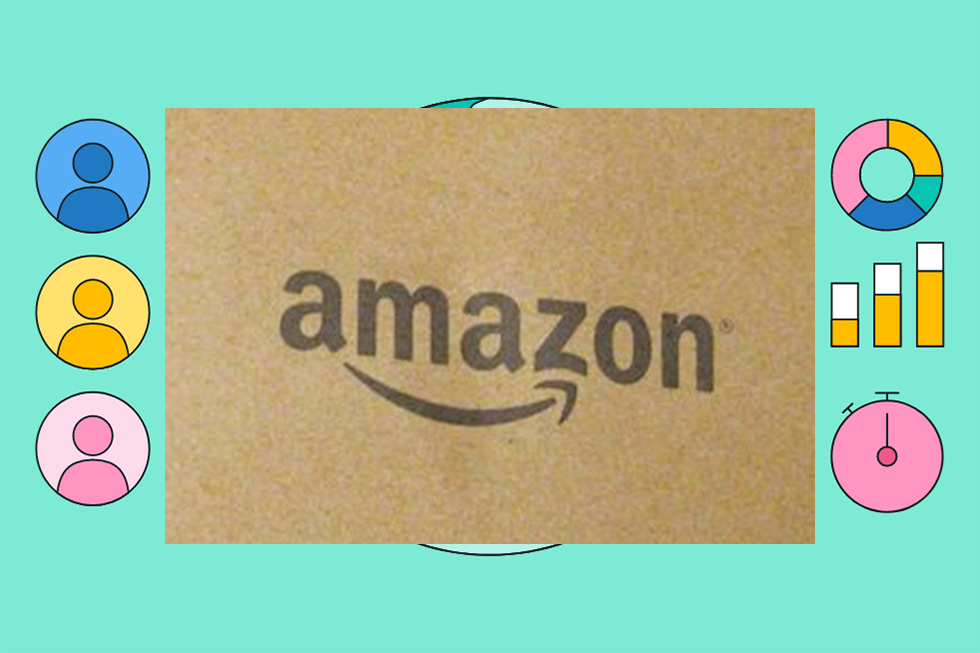When the world’s largest social media community decides to develop into an ecommerce platform, you possibly can wager it’ll influence the trade and make a distinction long-term.
On Could 19, 2020, Fb added ecommerce Outlets to Fb enterprise pages and Instagram enterprise profiles.
To make sure, Fb had already been dabbling in commerce earlier than the announcement. The corporate had its Craigslist-like Fb Market and the power to checklist and promote merchandise on each Fb and Instagram. However that is completely different. It’s a important step, and it might even be a disruptive type of social ecommerce.
Fb and Instagram Outlets will give small companies a brand new ecommerce channel. Supply: Fb.
The brand new Fb and Instagram Outlets encompass a store tab and a product catalog managed, respectively, through the corporate’s Commerce Supervisor and Catalog Supervisor.
At the least initially, Fb will not be charging retailers for gross sales made on the platform until they use the corporate’s checkout course of. Within the latter case, sellers pays a flat 40 cents for orders as much as $8 or a 5-percent promoting payment on orders above $8.
“Fb has all the time been about connecting you to what you’re keen on. Meaning family and friends, but additionally merchandise, manufacturers, and companies,” the corporate stated in its official Fb Outlets announcement.
“For years, folks have used our apps to purchase and promote issues, from the early days of posting a photograph of a bicycle with the caption ‘on the market,’ to promoting your espresso desk on Market and now procuring types out of your favourite manufacturers and influencers on Instagram. It was the individuals who use our apps who envisioned social commerce. We’re serving to them make it a actuality.”
The “actuality” of Fb taking a serious step into ecommerce might have not less than 5 repercussions.
1. Headless Commerce
Fb has determined to work with a number of current ecommerce suppliers. Here’s a portion of Fb’s announcement:
We’re additionally working extra carefully with companions like Shopify, BigCommerce, WooCommerce, ChannelAdvisor, Cedcommerce, Cafe24, Tienda Nube, and Feedonomics to provide small companies the help they want. These organizations provide highly effective instruments to assist entrepreneurs begin and run their companies and transfer on-line. Now they’ll assist small companies construct and develop their Fb Outlets and use our different commerce instruments.
In impact, the connection between, say, BigCommerce and Fb Outlets is headless commerce. It’s a transfer towards a brand new type of ecommerce know-how stack.
A easy clarification of headless commerce is that product data is saved in a method that’s agnostic to its presentation. The identical ecommerce backend might provide product descriptions, costs, photos, and even movies to an ecommerce web site, a cell app, or a Fb Store.
If Fb and Instagram Outlets are profitable (and so they probably will likely be), search for different ecommerce platforms to combine and companion with Fb through headless commerce. Additionally, search for different platforms — social or in any other case — to create their very own commerce integrations.
Headless commerce will make ecommerce ubiquitous, and Fb Outlets is an instance.
2. Extra Evaluation, Automation
Lots of the main ecommerce platforms carefully couple catalog administration, product data administration, and presentation.
Shopify, WooCommerce, Magento, BigCommerce, and 3dcart are all well-known examples of ecommerce platforms that produce, if you’ll, an ecommerce web site. There’s a tight relationship between ecommerce administration options and presenting merchandise on an internet site.
These corporations already acknowledge the necessity to go headless. BigCommerce has in all probability made essentially the most strides to this point, however all of them are on the lookout for methods to offer a headless commerce backend. Fb Outlets will speed up the development.
As headless commerce evolves, ecommerce platform suppliers will want new methods to distinguish their companies. The web site received’t matter as a lot. Apps and integrations received’t matter as a lot because the headless strategy will imply that these add-ons are primarily commodities.
Headless ecommerce platforms, nonetheless, might distinguish themselves round evaluation and automation.
Precisely what kind it takes is unsure. I believe it might embody predicting demand, figuring out market gaps, and automating features of product and order administration.
3. Shopper-to-consumer Commerce
Fb Outlets are aimed toward small companies. In some methods, these social outlets decrease the barrier to entry for a lot of would-be retailers, together with consumer-to-consumer “small enterprise” sellers.
Etsy’s dramatic gross sales progress throughout the coronavirus pandemic has jogged my memory of the influence CTC aspect hustles have on ecommerce.
Etsy reported a 26.4 p.c year-over-year enhance in energetic sellers throughout the first quarter of 2020 and a 16.4 p.c YoY enhance in energetic buyers. The corporate’s YoY income rose 34.7 p.c to $228.1 million in Q1, producing some $145.6 million in gross revenue.
Whereas small-to-midsize companies are promoting on Esty, lots of the platform’s retailers are makers — CTC sellers. Many, not less than in Q1 2020, have been promoting pandemic masks.
Fb Outlets give CTC sellers one other low-cost, easy-to-use method to promote their wares.
4. Blockchain Foreign money
Fb and Instagram Outlets present a wonderful platform for the mainstream adoption of blockchain-based Libra digital forex.
Libra or the Libra Affiliation is a company, fee construction, and cryptocurrency from Fb that can launch in 2020.
Libra members embody Fb, Shopify, and Uber. And the forex goals to be a secure, instantaneous, and low-cost method to transfer cash. As soon as Fb Outlets develop into well-liked, the corporate might incentivize each consumers and sellers to commerce in Libra.
For instance, the promoting payment for a Fb Store utilizing Fb’s checkout might be 5 p.c in U.S. {dollars} or 2 p.c in Libra.
5. DTC Sellers
Fb and Instagram Outlets might present direct-to-consumer companies with a brand new gross sales channel.
Amazon has proved to be a wonderful platform for a lot of DTC companies. The corporate’s large market lowered the general prices related to beginning and working a DTC model.
A savvy service provider might analysis merchandise on Jungle Scout, discover a possibility, have it manufactured, and promote it to a ready viewers of buyers on Amazon. That may now be doable on Fb and Instagram, too.
Fb will virtually definitely use what it is aware of about its customers to ship related product strategies, both as advertisements or Store promotions. Regardless, the corporate will be capable of present an viewers of buyers.
If, as is the case with Amazon, DTC sellers can develop instruments to establish market alternatives, Fb and Instagram Outlets might spur new DTC ecommerce progress.











